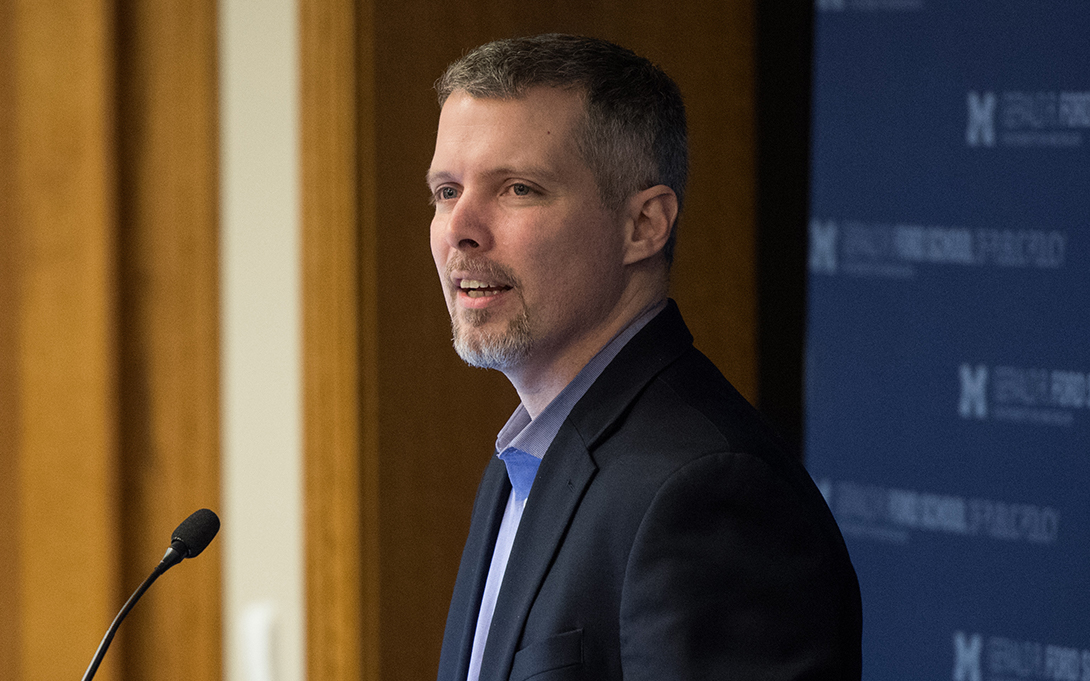
Michigan is set to implement Medicaid work requirements in 2020. But Luke Shaefer, professor of public policy and director of Poverty Solutions, warns that the requirement could lead to health coverage losses and an administrative burden on the state's resources.
In a July 14 opinion piece in Crain’s Detroit Business titled “Reduce ‘administrative burden' of work rules to prevent mass health coverage losses,” Shaefer and Marianne Udow-Phillips, executive director of the Center for Health and Research Transformation, warn that evidence from Arkansas—the first state to impose similar requirements—shows that a significant number of adults lost health coverage, with no major increases in employment.
Shaefer and Udow-Phillips urge the legislature to take some additional steps while finalizing the the 2020 budget to ease the transition, such as funding for work supports. The governor’s proposed budget offered $10 million for those subject to work requirements to overcome job search barriers, such as lack of child care or job training. Further they urge the “highest-quality experimental or quasi-experimental testing of employment, health outcomes and economic impact” to ensure the work requirements impact is fully understood.
Read the piece on Crain’s Forum.
H. Luke Shaefer, Ph.D. is the director of Poverty Solutions at the University of Michigan, an interdisciplinary, university-level initiative that seeks to inform, identify, and test innovative strategies to prevent and alleviate poverty. He is an associate professor at the University of Michigan, School of Social Work and Gerald R. Ford School of Public Policy. His research on poverty and social welfare policy in the United States has been published in top peer-reviewed academic journals such as Journal of Policy Analysis and Management and the American Journal of Public Health, and has been supported by the National Science Foundation, among other sources.